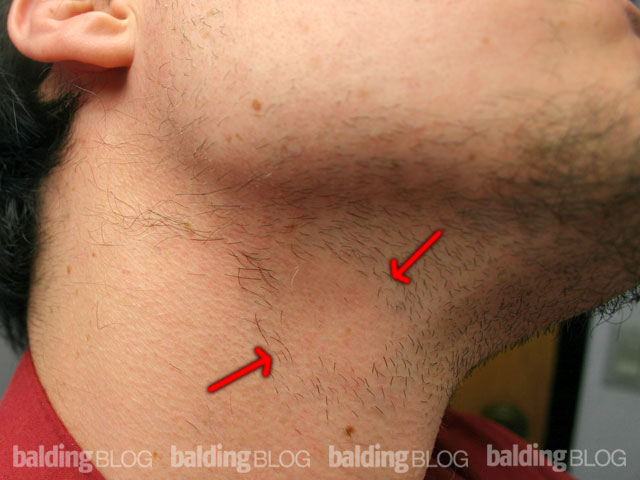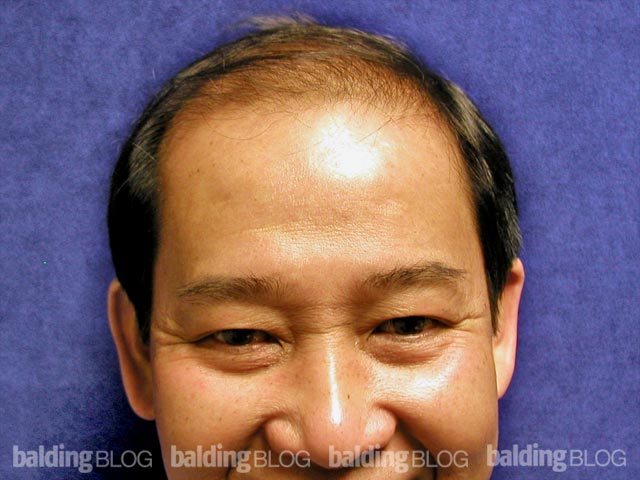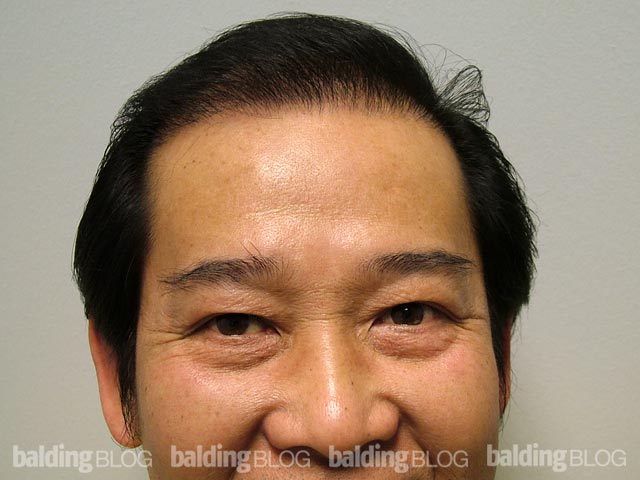I’ve got some horrific facial hair coverage. From the jawline up it’s just atrocious, very thin coverage of hair, and it’s very patchy. however from the jawline down, I’ve always thought I had really nice thick coverage. Not that I’m really thrilled about it, I’m not too fond of the “amish beard” look. Is there any way to fix patchyness in facial hair? And what would cause this to happen? I didn’t have any injuries to this area as a child (no scarring or burns or anything that i remember that might prevent hair from growing there). I have attached a photo which you may use on your site. I’m 25 years old. Thanks

Some people have uneven facial hair distribution and others are delayed in their beard growth, which may develop well into their 30s with more uniformity. You should wait and see what grows out as your beard matures.
Alternatively, you may consider transplanting hair from your head to the beard area, assuming the caliber of the hair is similar (it must be close to the same texture). If it is not, then you might have two types of hair which may be obvious and another type of problem. Even though beard to beard transplants would work, I would not recommend this approach, because it would thin out the beard you have in other areas (where you are happy with it) — unless you take the hair from below the chin where it is not easy to see. This may be a bit extreme and costly, but it would work beautifully. Although the transplantation may be an option, I actually think that this may be overkill and would ask you to wait until you fully grow out your beard. If it continues into your 30s and you still want to do it, then go for it. I will take you on as a patient.
Here’s the photo that the email included (with permission to post it here):






